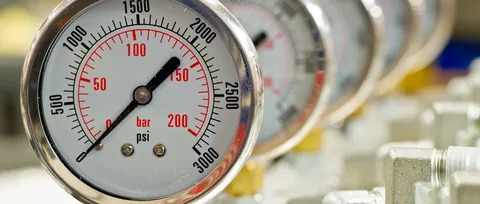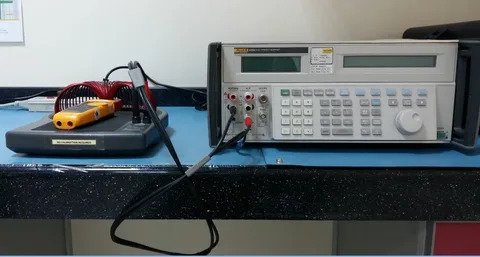Are you someone who relies on precision measurements in your industry or everyday work? If so, you’re likely familiar with the importance of Pressure Gauge Calibration. By ensuring the accuracy of pressure gauges, calibration plays a crucial role in various fields, from manufacturing and engineering to laboratory testing and quality control.
In this blog post, we’ll delve into the significance of pressure gauge calibration and why it’s a recommended practice by experts seeking optimal accuracy and reliability in pressure measurements.
Understanding the Importance of Pressure Gauge Calibration
Before exploring the reasons behind pressure gauge calibration, it’s essential to grasp its fundamental importance. Pressure gauges are utilised to measure and monitor the pressure of gases and liquids in various industrial, commercial, and scientific settings.
However, over time, factors such as wear, environmental conditions, and usage can impact a gauge’s accuracy. Calibration is the process of adjusting and verifying a gauge’s accuracy against known standards, ensuring that it provides precise and reliable measurements.
Ensuring Measurement Accuracy and Consistency
One of the primary reasons experts advocate for pressure gauge calibration is to ensure measurement accuracy and consistency. Inaccurate pressure readings can lead to errors in processes, compromising the quality of products and safety protocols.
By calibrating pressure gauges regularly, professionals can rely on consistent and accurate measurements, thereby enhancing the overall integrity of their operations.
Meeting Regulatory and Quality Standards
In many industries, adherence to regulatory and quality standards is non-negotiable. Pressure gauge calibration is often a prerequisite for compliance with industry-specific regulations and quality management systems.
By maintaining calibrated pressure gauges, organisations demonstrate their commitment to meeting stringent standards and protocols, minimising the risk of non-compliance and associated repercussions.

Extending Instrument Lifespan
Regular calibration not only ensures accuracy but also contributes to extending the lifespan of pressure gauges. The calibration process involves identifying and addressing any deviations in gauge performance, thereby mitigating potential problems that could lead to premature wear and malfunction.
By proactively calibrating pressure gauges, professionals can optimise their instruments’ longevity and performance.
Minimising Safety and Operational Risks
In industries where safety is paramount, the importance of pressure gauge calibration cannot be overstated. Accurate pressure measurements are critical for detecting and preventing potentially hazardous conditions, such as over-pressurisation or leaks.
By upholding calibrated pressure gauges, organisations mitigate safety risks and safeguard personnel, equipment, and the surrounding environment from potential harm.
Facilitating Data-Driven Decision-Making
Calibrated pressure gauges serve as reliable sources of data for informed decision-making. Whether it’s assessing system performance, conducting experiments, or monitoring industrial processes, accurate pressure measurements are essential.
Calibrated gauges provide trustworthy data, enabling professionals to make precise assessments and adjustments with confidence.
Demonstrating Commitment to Precision and Excellence
Beyond practical considerations, pressure gauge calibration reflects a commitment to precision and excellence. It signifies an organisation’s dedication to upholding high standards of accuracy and reliability in its operations.
By showcasing a proactive approach to calibration, professionals not only instill trust in their measurements but also convey a culture of meticulousness and attention to detail.
Conclusion
In the realm of precision measurements, the recommendation for pressure gauge calibration is rooted in its multifaceted benefits. From ensuring accuracy and meeting standards to enhancing safety and longevity, calibration stands as a cornerstone of reliable pressure measurements. Through regular calibration, professionals and organisations demonstrate their unwavering dedication to precision and excellence, laying the groundwork for informed decision-making, operational efficiency, and regulatory compliance.
Therefore, in the pursuit of mastering precision, pressure gauge calibration remains an indispensable practice endorsed by experts across diverse industries.






